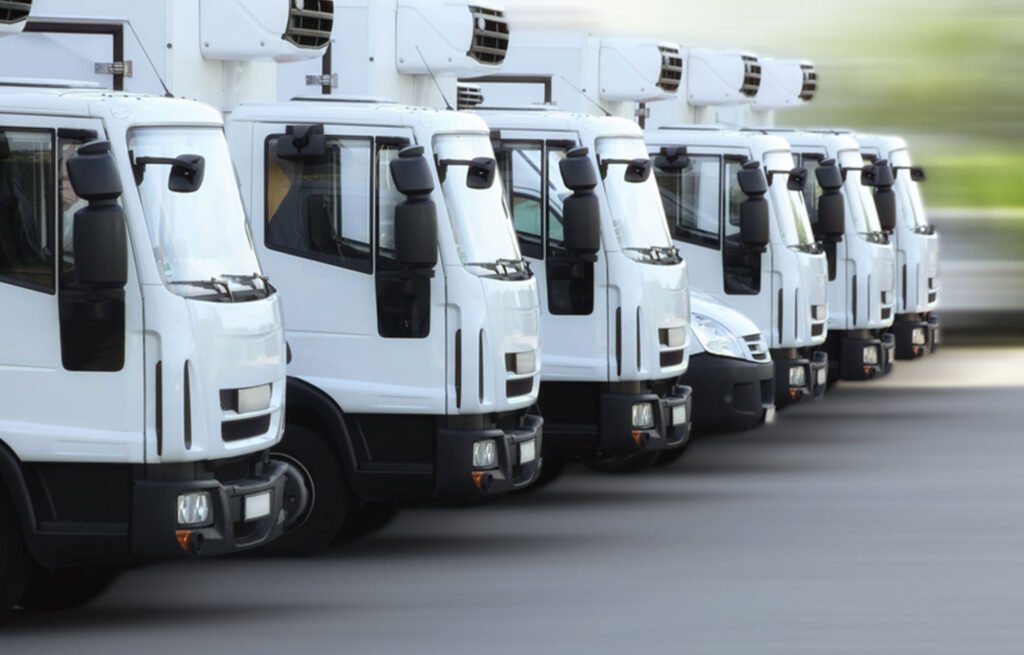If your business needs commercial vehicles or equipment but doesn’t have the accessible funds to pay upfront, or you simply don’t want to pay for a vehicle outright, a finance lease lets you hire assets and make monthly rental payments instead.
Vehicle costs are one of the largest overheads in business, and saving money on leasing costs is vital as we head into 2023. Fortunately, there are many ways to finance commercial vehicles and capital purchases while protecting your cash flow, including finance leases, operating leases, contract hire, hire purchases and more.
What is a finance lease?
A finance lease, also known as a capital lease, is a fixed-term contract that gives you the benefit of using a commercial vehicle without the high upfront costs associated with total ownership. Instead, you can hire it for a few years while paying fixed monthly payments and interest rates.
A finance lease offers minimum capital outlay that won’t disrupt your business cash flow
When choosing a finance lease, you will pay off the total cost of the vehicle through regular payments, which are typically higher than other options due to no residual value element. For the duration of the lease, you are responsible for maintenance costs and other risks of ownership, like value fluctuations.
There is the potential to receive significant incentives. Upon completion of your contract, you may get a rebate on your rental in the form of an agreed-upon lump sum – typically equating to up to 95% of what you paid. If the vehicle is in good condition when sold at the end of your contract, it can generate a higher rebate.
One of the main reasons businesses of all sizes choose this option is the low risk, flexibility and convenience associated with finance leasing. It is a popular alternative to outright purchase when acquiring expensive commercial vehicles and equipment, and the minimum capital outlay enables you to retain cash in your business. From a tax benefits perspective, VAT is paid on all monthly rentals, which can be aligned with revenue.
Finance lease benefits
- Minimum capital outlay and risk
- Potential tax benefits through VAT
- Not included in your company balance sheet
- Access new equipment and technology
What happens when a finance lease ends?
When the lease ends, the commercial vehicle will be returned to the lessor unless alternative options have been agreed. Sometimes, the lease may be renewed on a rolling contract, or the lessor may sell it to a third-party buyer.
Difference between a finance lease and an operating lease
Operating and finance leases are similar in that they both enable businesses to acquire assets by paying monthly fees over a negotiated period. The key difference is that a finance lease is structured to pay the total amount of the asset value, and there is no residual value element reducing the payments, which means monthly payments are higher.
Find out more about operating leases.
Choosing the right leasing partner
A good commercial vehicle leasing partner, such as Asset Alliance Group will help you select the best finance option for your business to optimise your P&L, balance sheet and cash flow. They should also have access to the entire market to ensure you are offered the most competitive finance product for your needs and provide impartial, independent advice.
At Asset Alliance Group, our award-winning approach can help your business succeed. Our mission is to help you secure the best purchase deal, offering independent advice and tailored service. By accessing a variety of lenders in the market, we can find asset finance that meets all your needs – reducing risk while using only the asset as security. We take on time-consuming sourcing tasks, so you don’t have to – allowing us to deliver competitive financing with maximum convenience.
Speak to us to find out more about our general asset finance.

